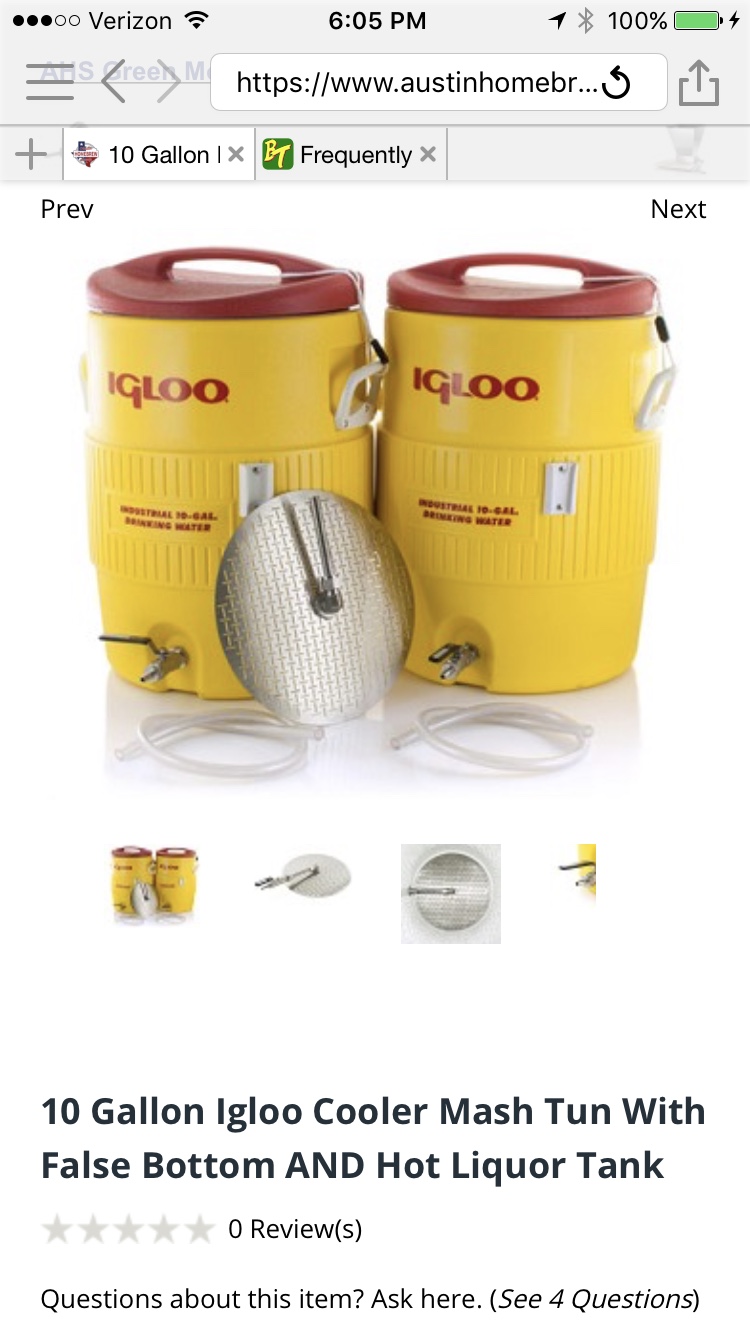All-grain, you figure out what grains you need for your recipe, mostly a base malt with plenty of enzymes like 2-row, 6-row, pilsner, Maris Otter, etc, with other specialty malts like crystal, chocolate, roasted, etc, or even adjuncts like oats or rye. Crush the grains up yourself or have the brew shop do it for you.
Soak these grains in warm water (mash) for one hour. For every pound of grain you'll want somewhere between 1.3 to 2 quarts of water (YMMV) to start with, and you'll want the temperature of the mash to be somewhere between 149F to 158F. If the mash temperature drops a little just add a little boiling water. These calculators work great:
https://www.rackers.org/calcs.shtml .
After the mash you can infuse with enough boiling water to raise the temperature to about 165F and do a "mash out", then wort is collected, and one usually sparges/lauters to rinse the grain of remaining fermentable sugar with warm (but below 170F) water, either by the batch sparge or fly sparge method. You should look up these methods because if you have questions about sparging they probably merit their own threads. There is also the No Sparge method, if you started with a really dilute mash. After you have sparged you boil just like if you were making an extract batch.
Also:
http://www.thebrewingnetwork.com/post2838/ ,
http://www.thebrewingnetwork.com/post2839/


































![Craft A Brew - Safale S-04 Dry Yeast - Fermentis - English Ale Dry Yeast - For English and American Ales and Hard Apple Ciders - Ingredients for Home Brewing - Beer Making Supplies - [1 Pack]](https://m.media-amazon.com/images/I/41fVGNh6JfL._SL500_.jpg)
























